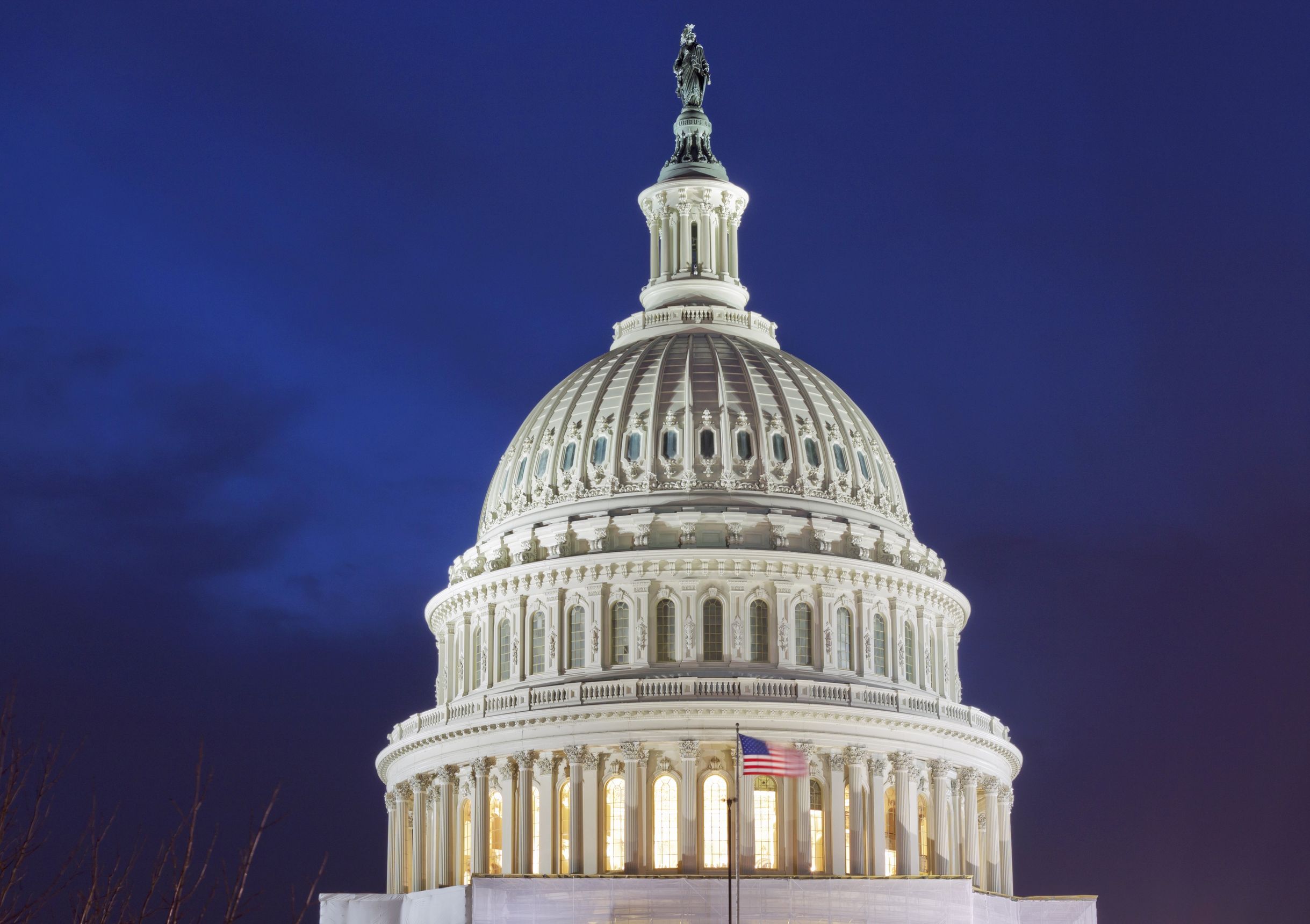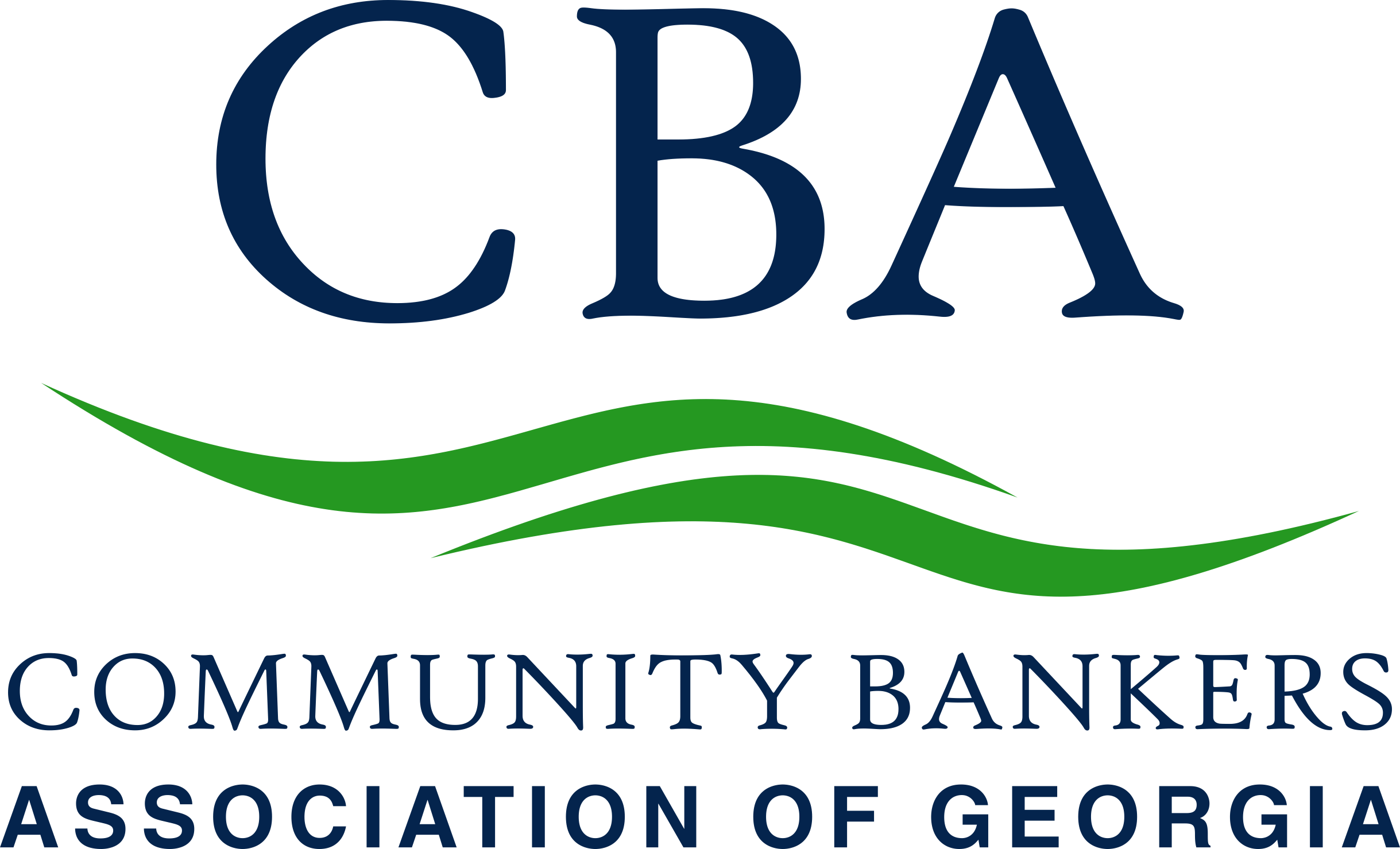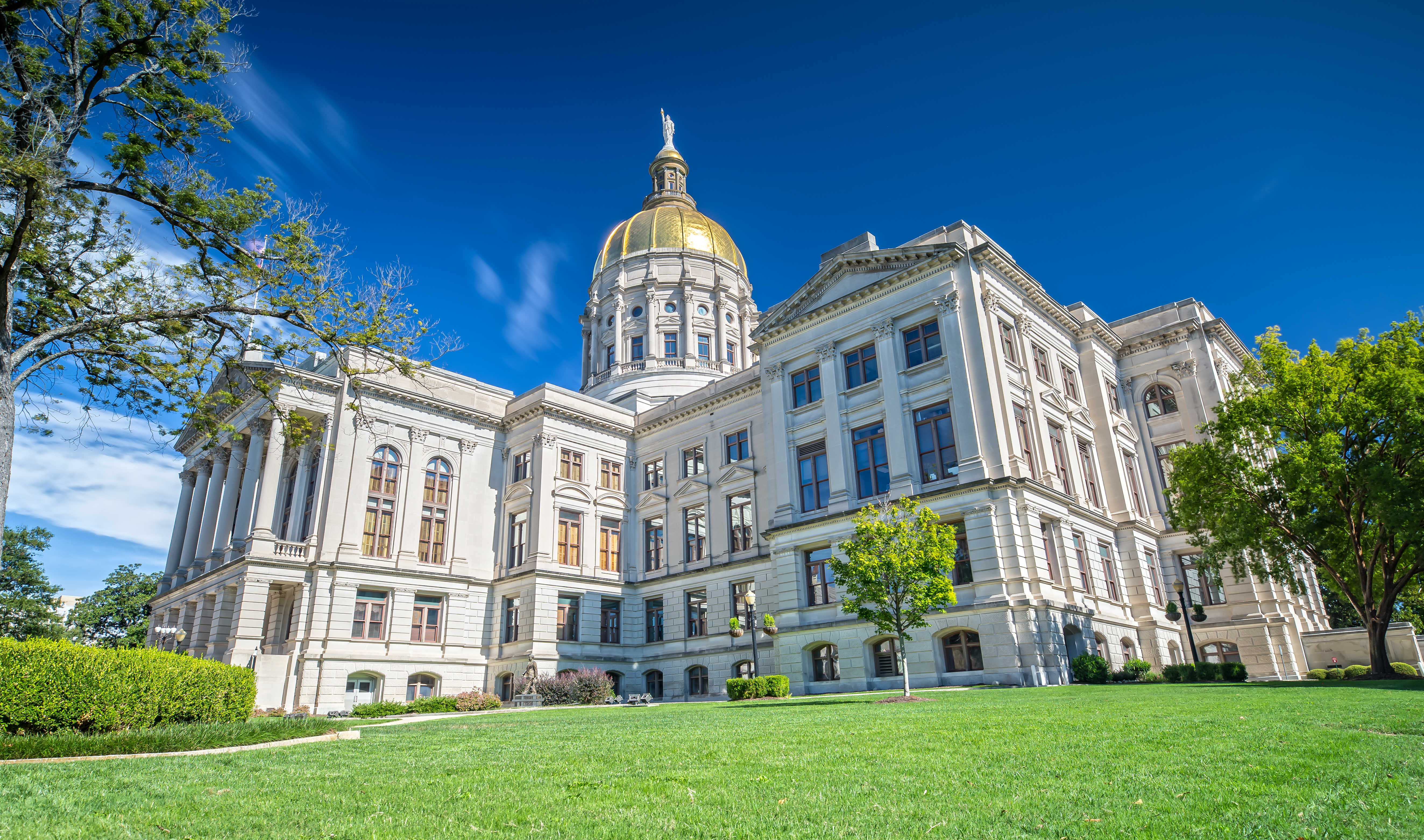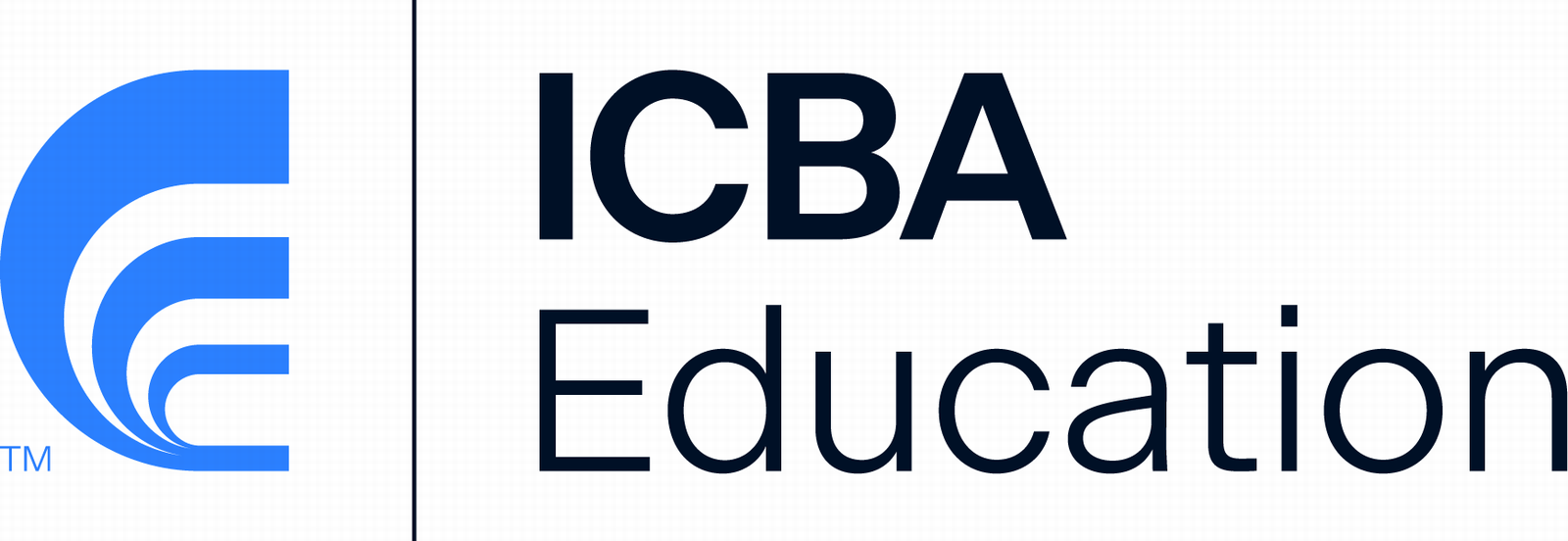Advocacy Update 2024 - Legislative Days 1-5
Session Begins
The 2024 session of the Georgia General Assembly began with little fanfare on Monday, January 8. Lawmakers convened five days this week and committees began meeting in earnest to consider, amend, and pass legislation. There will be a deluge of new legislation introduced when lawmakers gavel in on January 22 following budget week.
The House and Senate agreed to a schedule for the duration of the session. The critical Crossover Day deadline is set for February 29, with final adjournment on March 28. This calendar is closely tied to the General Assembly meeting internal budget benchmarks.
New and Carryover Legislation

All legislation not enacted during the 2023 session remains available for consideration in 2024. Legislators will also file hundreds of new measures throughout this year’s session. While this weekly report will not include all carried-over measures of interest, rest assured your government affairs team is carefully tracking those items. We aim is to keep this report focused on active, priority issues.
Bill Highlight: HB 876 Department of Banking's Housekeeping Bill

HB 876 was introduced this week by Rep. Bruce Williamson (R), Monroe. This is the Department of Banking and Finance’s annual housekeeping bill. The Association has worked closely with the Department since July when it initially released a draft of the bill.
As it relates to community banks, the bill changes code sections relating to bank formations, notices and filings with the Secretary of State, the definition of “subsidiary”, and the Merchant Acquirer Limited Purpose Bank Act. For a full summary of substantive changes, click here.
The House Banks & Banking Committee, chaired by Rep. Noel Williams, will consider the measure when the legislature returns following the budget hearings.
Interchange Fees

The issue of interchange fees (SB 126[1]) is carried over from 2023. SB 126 prohibits interchange fees from being assessed on the sales tax portion of these transactions. The bill was introduced by Sen. Billy Hickman (R), Statesboro.
On the first day of the 2024 session, Sen. Hickman motioned to withdraw the bill from consideration, which is an unusual procedural move. He indicated he now believes this issue should be addressed at the federal level. SB 126 is now dead and will have to be reintroduced by another lawmaker for further consideration.
On January 11, Senate Banking & Financial Institutions Committee Chairman Sen. Carden Summers called a meeting of all parties interested in this issue along with members of the House Banks & Banking Committee. This was not a formal hearing but was intended to see if compromise is feasible. Both sides were well represented and over the course of nearly two hours, dug in on their positions. Proponents maintained this would not negatively impact financial institutions. Financial institutions insisted that this is bad for the industry and ultimately comes down to one business sector asking another to perform a service for free. Legislators were able to engage with advocates more directly than in a formal hearing and seemed to view this as a fact-finding opportunity.
While there will undoubtedly continue to be conversations on interchange fees, lawmakers seem apprehensive to wade into this issue given its complexity. The financial services trade group will continue to combat proponent’s efforts and will stand strong in opposition to this issue.
[1] Interchange fees are paid by retailers to facilitate electronic payments made by customers using credit and debit cards. Currently, interchange fees are calculated on the final purchase amount. Point-of-sale systems are not currently programmed to accommodate this requirement and such a wholesale change should be pursued at the federal level, rather than state-by-state. Proponents of the bill include retailers, NFIB, Home Depot and RaceTrac.
Budget Week

Lawmakers reserve the week of the MLK Jr. holiday for budget hearings. Over three days, members of the House and Senate Appropriations Committees will hear from the Governor, the state economist, and more than forty agency heads. The House will then set to work on the amended FY24 budget, which shores up spending through June 30, and the FY25 budget, which begins July 1. The state has an estimated $16 billion budget surplus.
Legal Reform Set Back

This week Governor Brian Kemp announced his tort reform efforts have become a multi-year project and that 2024 will be a “first step” aimed at stabilizing the market for insurers, families, and businesses. Reportedly, this will take the shape of data collection. Despite this, key leaders in the legislature may proceed with their own lawsuit reform bills. Reform related to premises liability continues to receive interest.
Special Elections Set

A special election has been set for February 13 to replace two vacant legislative seats. Last week, Sen. Mike Dugan (R-Carrollton) resigned to run for the open third congressional seat. Five candidates qualified for the seat, including Tim Bearden, who previously served in the House from 2005-2011 before being appointed as director of the Georgia Law Enforcement Training Center.
Governor Kemp has recently appointed Rep. Barry Fleming to a superior court judgeship in Columbia County, creating a vacancy in the House. Five candidates also qualified in that race. If no single person receives a majority of the February 13 vote, a runoff election will be held on March 12, which is also the date of Georgia’s presidential primary. Republicans are expected to retain both seats.
Judge Approves New Legislative Maps

On December 28, a federal judge approved the state and federal legislative maps passed by the legislature during its November/December special redistricting session. The maps will stand for the 2024 election cycle and make the following changes:
- Adds two majority-Black state Senate districts, although the partisan split is likely to remain unchanged;
- Adds five majority-Black state House districts, which will likely net Democrats two seats;
- Creates a new majority-Black Congressional district on the west side of Metro Atlanta, although Georgia Republicans are expected to maintain their 9-5 advantage in Congress.



